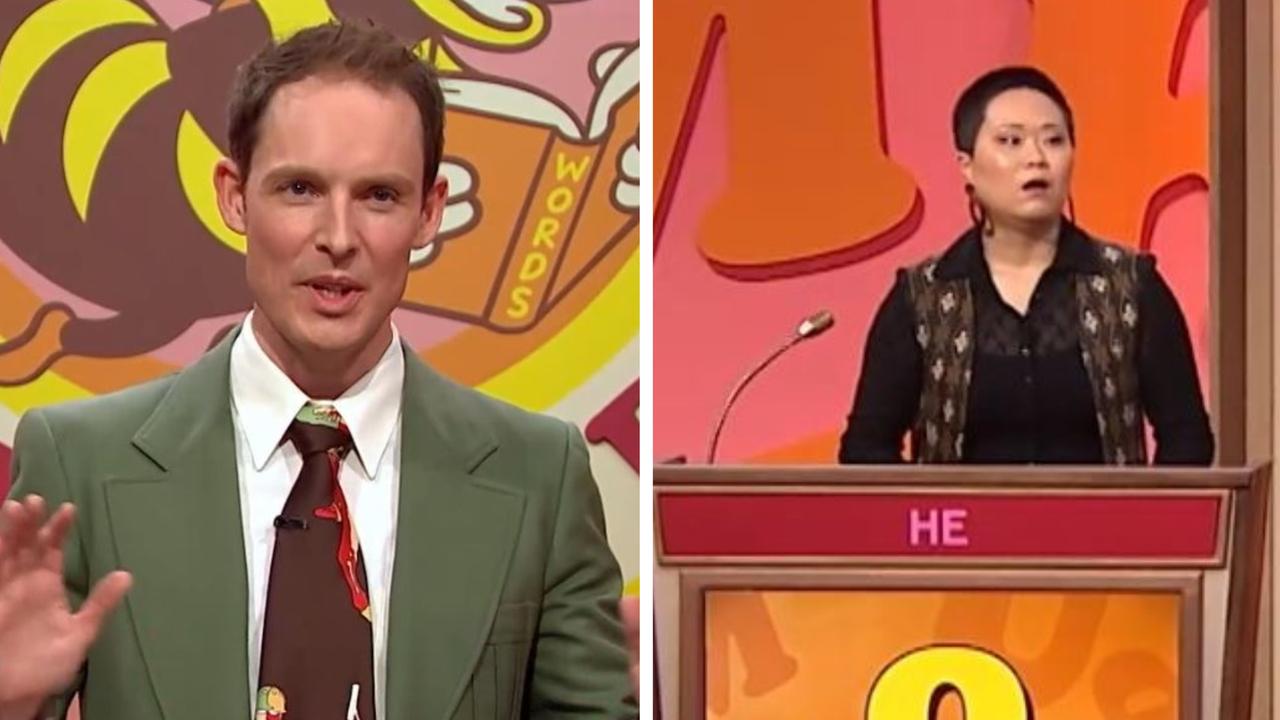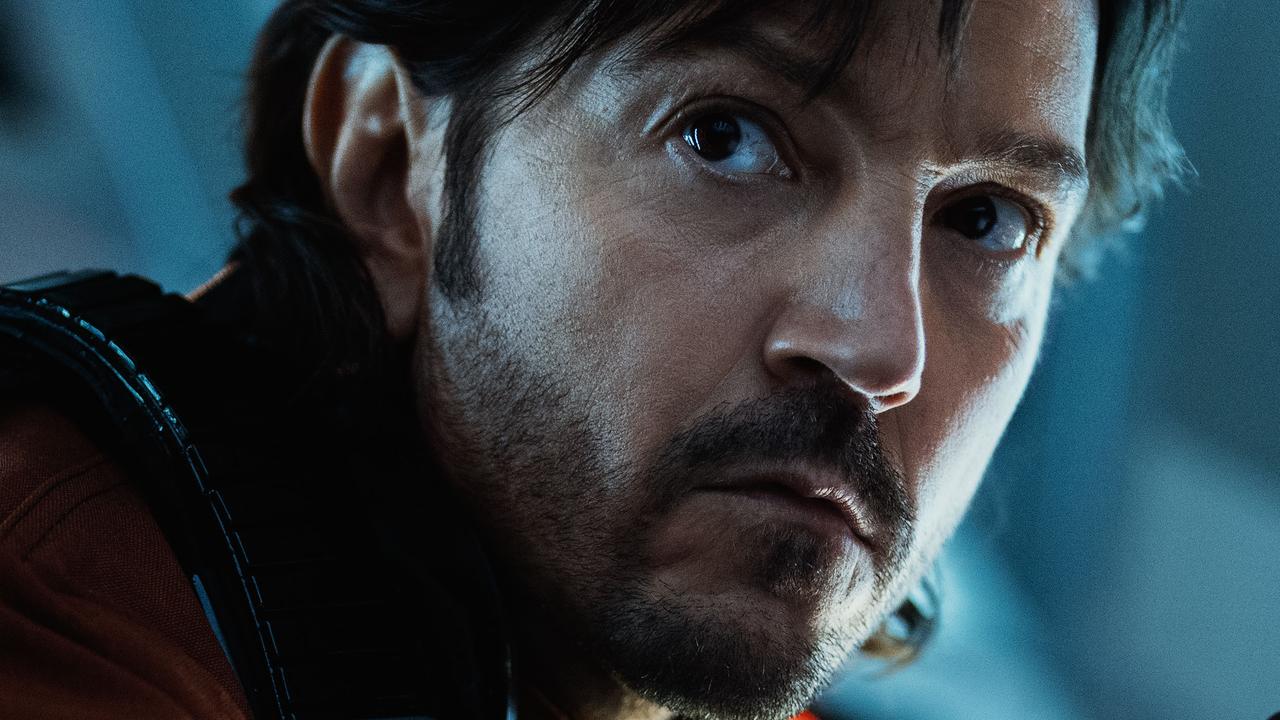Q&A recap: Syria, ISIS, conscription, immigration, Reclaim Australia
DEALING with violent extremism, conscription, sending ground forces and toppling ISIS dominated the final episode of Q&A for the year.
STOPPING Islamic State and dealing with violent extremism dominated the final episode of Q&A for the year.
Panellists offered their views on how the world should tackle the problem and if a military offensive would be effective with Yanis Varoufakis, Greece’s former Finance Minister, suggesting The West look into the flow of financing from countries such as Saudi Arabia and the Emirates.
“There is much we don’t know. But what I do know - and I speak for myself - is that the sight of Western leadership at once discussing on ISIS and the potential of invading with ground troops and bombing while at the same time doing absolutely nothing to stop the flood of financing from Saudi Arabia and the Emirates to the very same thugs that have attacked us in Paris, in Beirut and elsewhere. That to me smacks of hypocrisy and yet another potential debacle - fiasco - for the Western powers and democracy,” he told the audience.
Meanwhile, Pulitzer Prize-winning author Geraldine Brooks said we shouldn’t be sending in troops unless we were prepared to bring back conscription.
She also told the audience that countries should be spending money on building schools to counter the “unconscionable airless, hate-filled, misogynistic, homophobic teachings, branded as ‘Islamic’ from mosques all over South East Asia, all over Europe”, rather than choosing the “military option” all the time.
But it was Tasneem Chopra, from the Australian Muslim Women’s Centre for Human Rights whose words struck a chord with the audience and those on social media. She was even trending on Twitter during the course of the show.
Tasneem is so right. She is as responsible for IS as I am for Anders Brevik. #qanda
— Ms D (@msdwrites) November 23, 2015
#QandA Tasneem gets it;all victims deserve recognition regardless of race or creed
— Emma McPherson (@SnaphappyEm) November 23, 2015
Ms Chopra told the ABC discussion program that it was important to remember the majority of people murdered by Islamic extremist groups were Muslims and that it was even more important for Muslims to be part of all conversations regarding any solutions.
“Muslims need to be part of the solution here because, let’s face it, the overwhelming majority of victims of terrorism of Islamic State have been Muslims,” she said. “In that region, the displacement of 4 million Syrians into Turkey, Lebanon and Jordan, in the recent few years and those coming into Europe are overwhelmingly Muslim.
“ISIS blew up a mosque last week.
“If you are a Muslim with a different viewpoint, if you are a woman, Muslim minority or non-Muslim, you are fair game. These are the realities of what we are trying to contend with as a community.
“When you are a Muslim in the West and painted with the same brush as being part of this organisation that’s inherently evil, it leaves you with little wriggle room when you want to be part of the discussion of what can happen.
“Do I think there is an ideology problem? Obviously there is. As for the military intervention, I take on board what Yanis (Varoufakis, Greece’s former Finance Minister) has said.
“The financing of these issues, we have to be open and up-front about who we are backing and supporting and claiming where our allegiances are. There is a lot of due policity that - duplicity that has to be negotiated.
“Where do we go from here? We know unity and resilience within a community will completely destabilise what ISIS is trying to do. They want to see us open and friction. They don’t want to see Muslims and the West succeeding.
“They want to see an Apocalyptic end or a clash of civilisations between the two. Nothing will fuel that more than divisive rhetoric, policy and right-wing pundits.”
When discussion turned to the “risk” of terrorists creeping in with asylum seekers, she said: “I guess the point I’m trying to make is when you view the conversation on the victims of terror through the prism of Paris, what you are neglecting is that the majority of the victims of terror, the majority of those on the ground who are fighting terror, are Muslims and a lot of them are refugees.
“Those refugees who are wanting to leave, who are trying to escape those very horrors that we have seen affecting people in Paris and in the West and in New York, are realities we need to say “what are we going to do about that?”
“Since 1976, there have been 70,000 asylum seekers settled in Australia who arrived by boat. “Not one of them has been found to have a link to terrorism. The statistics speak for themselves.”



